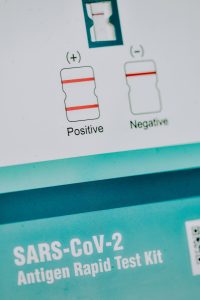Too Good To Be True — Illegal Advertising
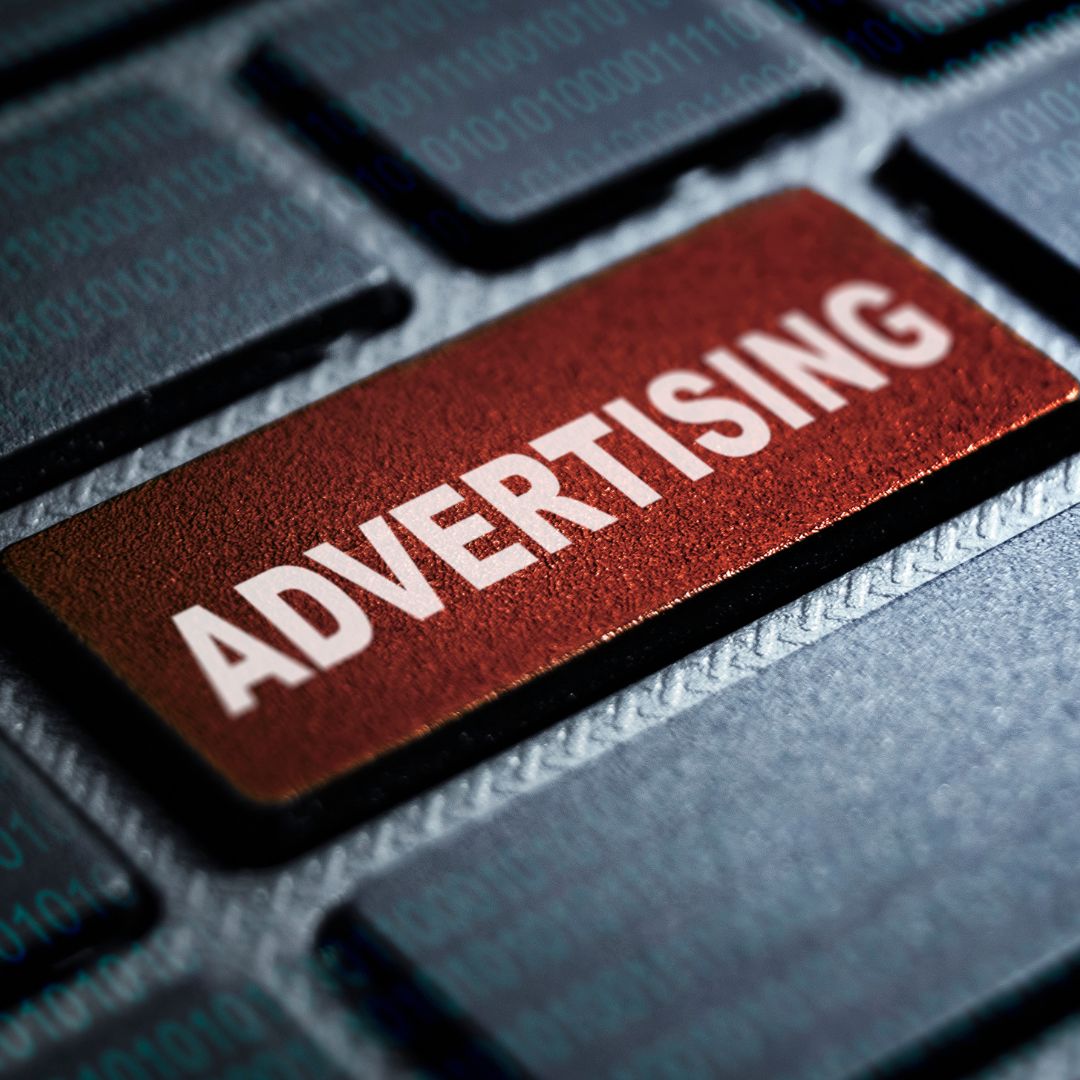
Advertisement plays a huge role in marketing any product or service. The first form of advertising began in the 1700s when sellers verbally advertised their products. They’d also carve signs and design flags to welcome their customers better and increase sales [1].
With every decade passing, the ability to advertise is becoming more and more accessible and strategic. That being so, laws and policies to govern false advertising are strictly in place to avoid misleading consumers.
But unfortunately, most of these laws are still not known by many, and a large portion of false advertising cases go under the radar.
Laws on Advertising
According to the Medicines (Advertisement And Sale) Act 1956, advertisement encompasses any notice, circular, report, commentary, pamphlet, label, wrapper or other documents, and any announcement made orally [2].
The Medicine Advertisement Board must approve any advertisements relating to medical matters. It’s an offense to circulate ads that the Medicine Advertisement Board has not approved.
Moreover, no advertisement for health supplements should include the prevention, treatment or diagnosis of these 20 disease states¹:
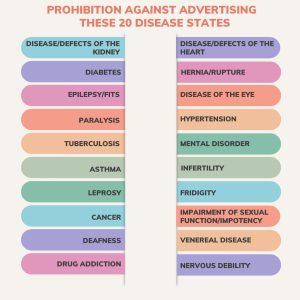
Those guilty of offences under this law may face a fine of RM 3000 and/or imprisonment (up to one year)².
¹This does not apply to advertisements published by the Federal Government, any State Government, any local or public authority, or by the governing body of a public hospital or by any person authorized to publish such advertisement by the Minister
²This only applies to the first conviction. Subsequent convictions will have a fine not exceeding RM5,000 and/or imprisonment (up to two years)
How To Identify Authentic Advertisement?
All advertisements approved by the Medicine Advertisements Board will have an advertisement approval serial number. This number is unique to the medium of advertising and the year the approval was issued.
The approval number starts with Kementerian Kesihatan Lembaga Iklan Ubat (KKLIU), followed by 4 digits referring to the serial number and ends with the approval year [3]. The approval number must be displayed on the advertisement itself and shouldn’t be difficult to locate.
Here’s a good example of an advertisement:
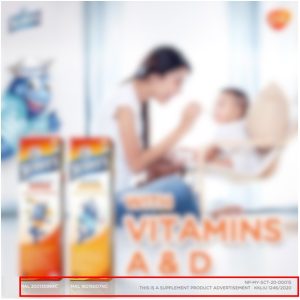
Next, you could also search for the advertisement on the pharmacy.gov website. This website contains a list of ads approved by the MAB, including other pertinent information such as approval date, expiry date and approval number. Advertisements not listed on this website are likely to be unapproved.
Examples of Illegal Advertisements
The Board of Medicine rejects approximately 20% of advertisement applications yearly. While the approval of advertisements is up to the Board’s discretion, one reason for rejection is excessive claims of benefits [4].
That being so, advertisements with exaggerated terms or phrases such as “no side effects” or “miracle product” are likely to be a form of illegal advertising.
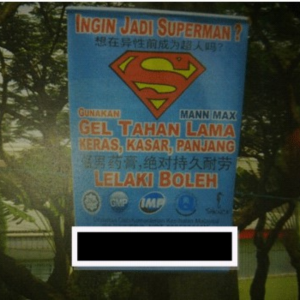
This advertisement makes dubious claims on improving the sexual health of men with exaggerated claims.
Besides, only registered medicines are allowed to advertise health benefits. This is because registered medications are tested and certified for safe consumption and effectiveness by the Ministry of Health.

This health supplement is advertised to make consumers taller, which is not legal
Illegal advertising is an irresponsible method of promoting products. Advertisers must follow the standard process of applying for advertisement approval regardless of the intended mode of advertisement—print media, electronic media or public spots.
What Are The Next Steps?
As a consumer, it’s your responsibility to report illegal advertisements and protect your rights. Here are three parties you can seek for help regarding unlawful advertising.
Kementerian Kesihatan Malaysia
The issue of illegal advertising falls under the responsibility of the Ministry of Health (MoH). You can launch an online complaint or visit any State Health Department offices to lodge a complaint in person.
National Consumers Complaint Center
The National Consumer Complaint Center (NCCR) is established to address any complaints you may have about any product or service as a consumer. You can make an online complaint on their website or call them at 03 – 7877 1076 (only during office hours).
Polis Diraja Malaysia
You can walk to your nearest police station and lodge a formal complaint about an illegal advertisement. The police-in-charge would investigate your complaint and if necessary, liaise with the Ministry of Health to address the problem.
Remember to be as detailed as possible when launching a report. Higher specificity of a report will help the person in charge get a better picture of the problem and take prompt action.
Bottomline
Illegal advertising continues to be a worldwide phenomenon, putting millions of consumers at risk of health adversities. Although the law against illegal advertising bears heavy consequences, we cannot enforce it to its fullest potential without the effort of consumers like you.
Therefore, we urge you to be careful when it comes to reading advertisements for health supplements or products. You should also make necessary reports where needed.


